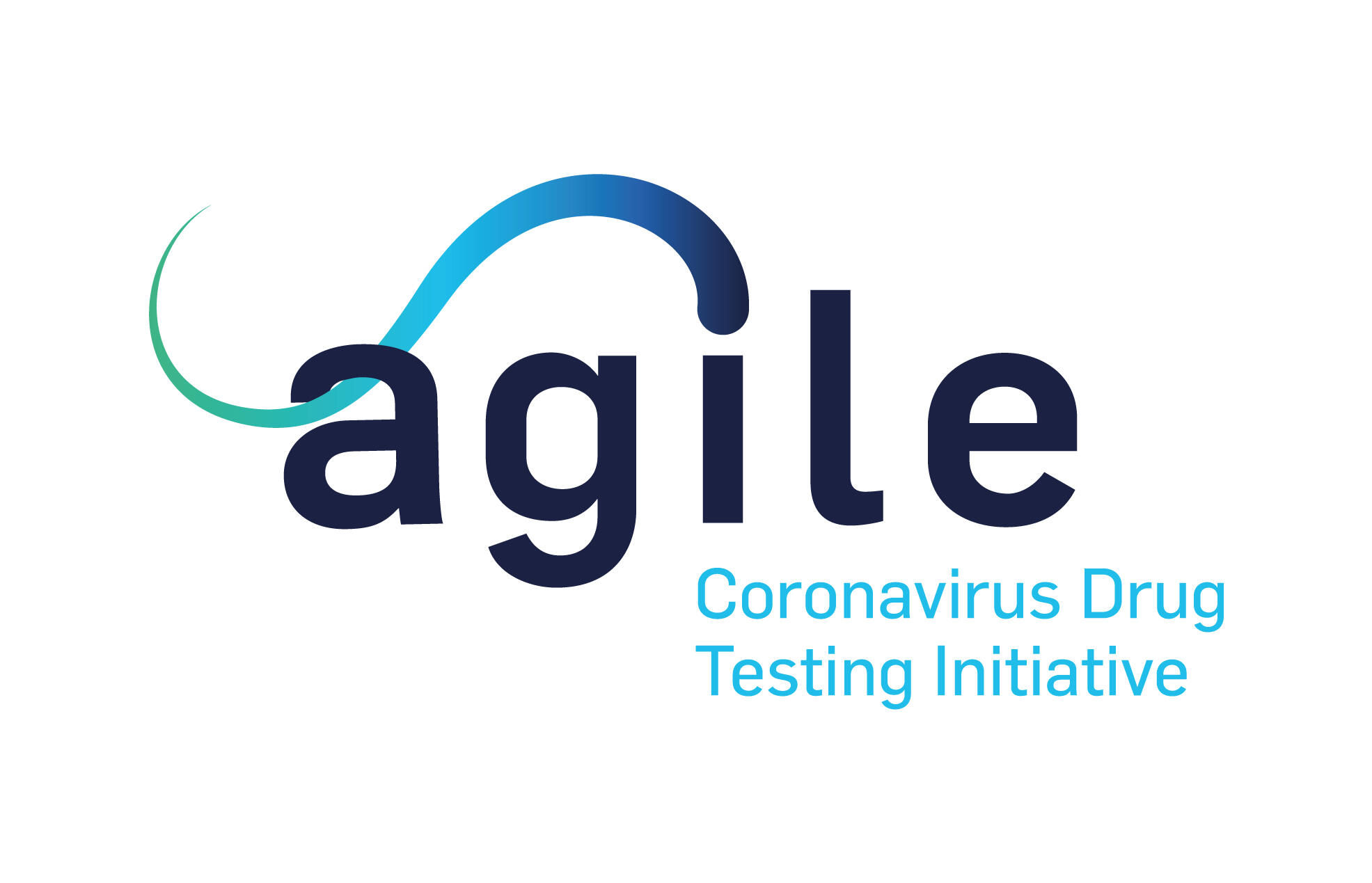
Liverpool School of Tropical Medicine, the NIHR Southampton Clinical Trials Unit at the University of Southampton and the Univeristy of Liverpool today announced the first-ever patient dosed in the latest trial of potential new treatments for SARS-CoV-2 as part of the UK’s COVID-19 drug testing platform, AGILE.
“The past year has seen enormous progress in vaccines and the use of immune therapies for treating severe COVID-19. However, the search for effective antiviral agents to protect against the development of severe disease is as pressing and urgent as ever,” said Professor Saye Khoo, Chief Investigator for the trial.
He continued: “We are excited to partner with GlaxoSmithKline and Vir Biotechnology in the evaluation of VIR-7832, a monoclonal antibody engineered to potentially increase potency and stimulate a T cell response. We will evaluate the safety of this new drug, which also appears, in pre-clinical testing, to stand up to the major circulating variants of SARS-CoV-2 in the UK and look for early signals of antiviral activity and enhanced immune response to infection.”
AGILE is a clinical trial platform supported by the UK government that uses adaptable protocols and statistical models to design clinical trials in a fast and flexible way that will simultaneously test safety and efficacy in people who are ill. This ground-breaking collaboration aims to rapidly identify therapies that have the potential to be used to treat COVID-19 patients and bring them into early phase clinical trials.
The latest AGILE clinical trial, taking place at NIHR Liverpool and Broadgreen Clinical Research Facility (CRF), involves two monoclonal antibody therapies (VIR-7831 and VIR-7832) from GlaxoSmithKline and Vir Biotechnology, which in pre-clinical studies have demonstrated promising results in combatting coronavirus infections.
The latest candidate to be tested, VIR-7832, will be given to patients who have tested positive for COVID-19 and have mild to moderate symptoms. Based on pre-clinical data, VIR-7832 has three potential mechanisms of action: it can neutralize the virus; target already infected cells for destruction by our immune system; and importantly, it can stimulate a T cell response that can further control the infection. These attributes may be important for both the treatment and prevention of COVID-19. The AGILE study marks the first in-human phase 1 trial of VIR-7832, which aims to establish an optimal dose. When established, the trial will seamlessly move into a second phase with another monoclonal antibody (VIR-7831) which is already being evaluated in two Phase 3 clinical trials.
The trial is currently open in Liverpool and Southampton and will extend to other CRF sites across the UK.
George Scangos, Ph.D., CEO of Vir Biotechnology, said: “We are pleased to partner with the AGILE network to determine whether the modifications we have made to VIR-7832 to increase its potency and stimulate a T cell response may have the potential to confer a vaccine-like effect and support both enhanced treatment efficacy and a long-term prevention strategy. We look forward to applying these lessons to our ongoing and future efforts to address this challenging pandemic.”
Christopher Corsico, Senior Vice President Development, GSK, said: “We continue to see high infection and hospitalization rates due to COVID-19, despite the continued progress with vaccine development and distribution and increasing immunization rates. Therefore, we believe monoclonal antibodies will continue to complement vaccines as an important and effective tool in the fight against COVID-19. We are proud to be working with the UK government as part of the AGILE trial platform to further understand the role of therapeutics in both the treatment and possible prevention of COVID-19, with the support of our partners in the NHS and academia.”
Dr Richard Fitzgerald, Director of the NIHR Liverpool and Broadgreen Clinical Research Facility based at the Royal Liverpool University Hospital, said: “We are really pleased to begin this trial in our Clinical Research Facility, an MHRA accredited unit with vast experience in conducting first-in-human trials, and we are looking forward to expanding this trial into other CRF sites across the UK in the coming months.”
Professor Gareth Griffiths, Director of the NIHR Southampton Clinical Trials Unit, said: “It is fantastic to see the first patients being recruited into the latest trial in the AGILE platform. We are now looking forward to opening this trial in other Clinical Research Facilities across the UK in the coming months and hope that the study can give us important insights into how effective this antibody could be in combatting COVID-19, along with its potential to provide a long-lasting immune response to the virus. As a clinical trials unit, we are delighted to be at the forefront of the fight against COVID-19, and the AGILE platform is a major step forward as we strive to find safe and effective treatments.”
The AGILE trial platform was launched in July 2020, and the first treatment in the drug testing platform entered into patient trials in Liverpool in September. The collaboration includes research teams from the University of Liverpool, Liverpool School of Tropical Medicine, NIHR Liverpool and Broadgreen Clinical Research Facility based at the Royal Liverpool University Hospital, the NIHR Southampton Clinical Trials Unit at the University of Southampton, Lancaster University and the UK Clinical Research Facility Network.
To find out more about AGILE, click here.